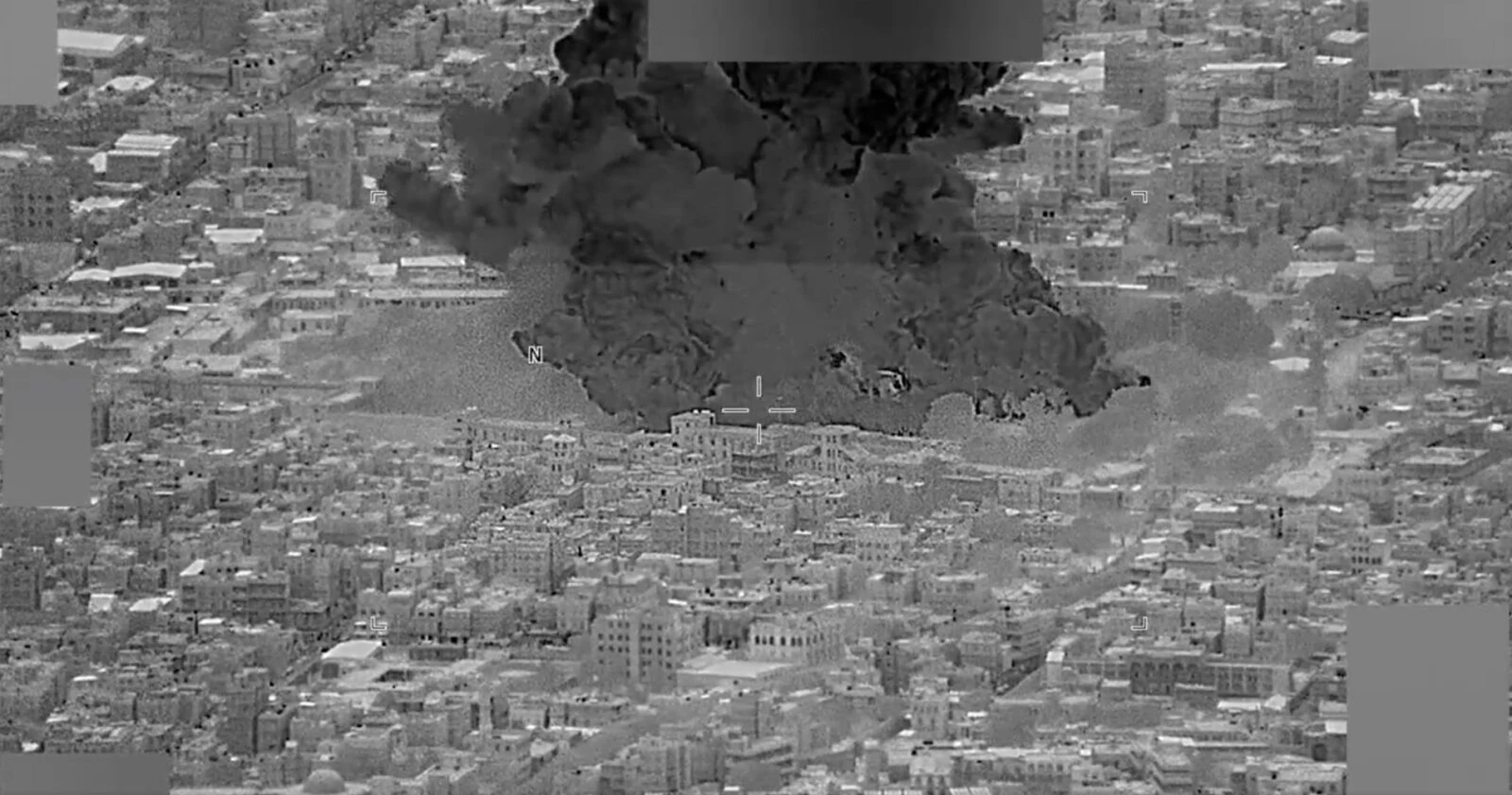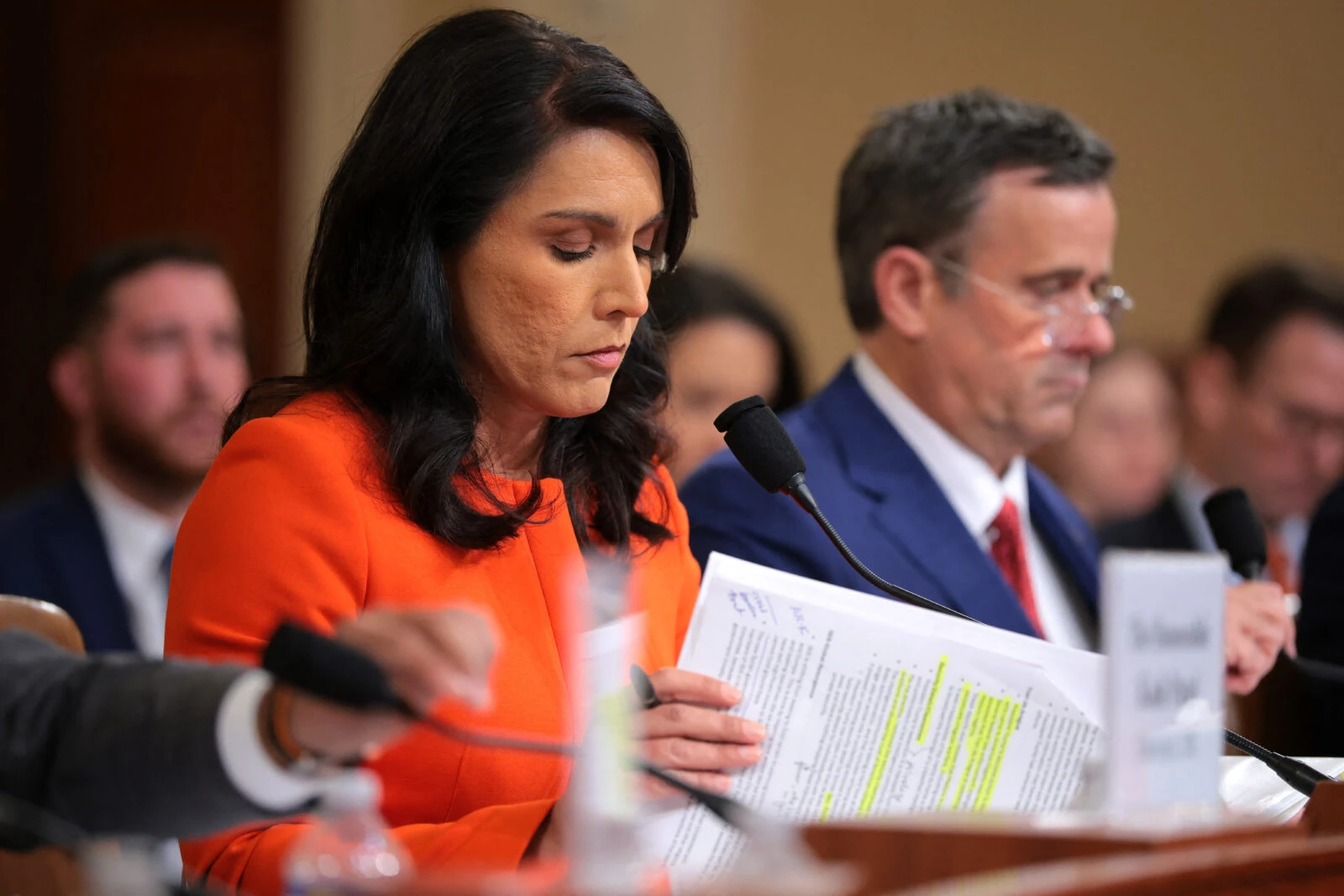Israeli officials furious over Signal chat leak involving sensitive intelligence
 US warplanes launched a series of airstrikes on Yemen, the Houthi group reported on March 28, 2025 (CENTCOM / Handout / Anadolu Agency)
US warplanes launched a series of airstrikes on Yemen, the Houthi group reported on March 28, 2025 (CENTCOM / Handout / Anadolu Agency)
Israeli officials are expressing frustration following the public disclosure of a private Signal group chat involving senior Trump administration officials, which contained sensitive intelligence originally provided by Israel, sources told CBS News.
The intelligence reportedly came from a human source in Yemen and was relayed to the U.S. for use in targeting Houthi militants.
The Atlantic’s Jeffrey Goldberg, who was mistakenly added to the encrypted chat group, published excerpts from the conversation earlier this week.
Though the publication withheld some details, sources say the release compromised the identity of the human source and has sparked concern within Israel’s intelligence community.

Chat group included US National Security leaders
The Signal group, set up by National Security Adviser Mike Waltz, included top members of the Trump administration’s National Security Council, such as Defense Secretary Pete Hegseth, CIA Director John Ratcliffe, and Director of National Intelligence Tulsi Gabbard.
On March 15, these officials exchanged messages regarding an impending airstrike against Iran-backed Houthi forces in Yemen.
One of the messages from Hegseth read, “Trigger Based” F-18 1st Strike Window Starts (Target Terrorist is @ his Known Location so SHOULD BE ON TIME – also, Strike Drones Launch (MQ-9s).”
The U.S. launched F/A-18F Super Hornets from the USS Harry S. Truman in the Red Sea and MQ-9 Reaper drones from Middle East bases as part of a series of precision strikes on Houthi targets.

Sensitive details shared in real-time
Waltz later wrote that a high-value Houthi missile expert had been positively identified entering his girlfriend’s building, which was subsequently targeted.
He texted: “The first target—their top missile guy—we had positive ID of him walking into his girlfriend’s building and it is now collapsed.”
While U.S. officials have denied sharing classified material, multiple intelligence experts and military officials told CBS News that such content—regardless of classification—violates operational security protocols. Sources said Israel privately voiced its anger to Washington over the exposure of intelligence it provided.
Israeli intelligence source potentially compromised
The shared information reportedly included real-time human intelligence from a Yemeni source that enabled Israeli and U.S. forces to target the Houthi figure. While no direct attribution to Israel was made in the chat, officials said the context made it identifiable and potentially endangered the source.

Trump administration defends messaging content
Waltz and other officials insist the messages did not include “locations, sources and methods, or war plans,” and that foreign allies had already been notified of imminent strikes.
National Security Council spokesperson Brian Hughes reiterated that stance, while acknowledging the sensitivity of the conversation.
Tulsi Gabbard, during Senate and House hearings this week, denied that classified material was shared, while admitting the discussion involved sensitive military operations.

NSA previously warned against Signal use for sensitive information
CBS News reported that a National Security Agency bulletin issued weeks before the chat’s creation warned against using apps like Signal or WhatsApp for sharing operational details. The NSA guidance specified that even unclassified content should not be sent via internet-based platforms if it could jeopardize national security.
Sources say President Trump has expressed irritation over the leak and is monitoring the political fallout. The administration has since emphasized new efforts to tighten security around communications.



